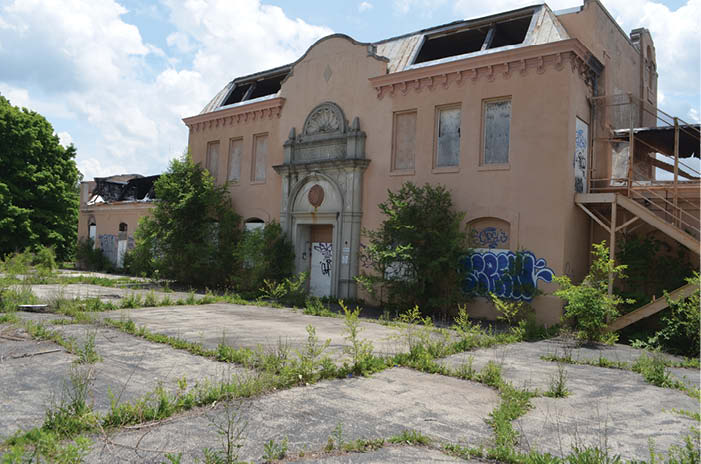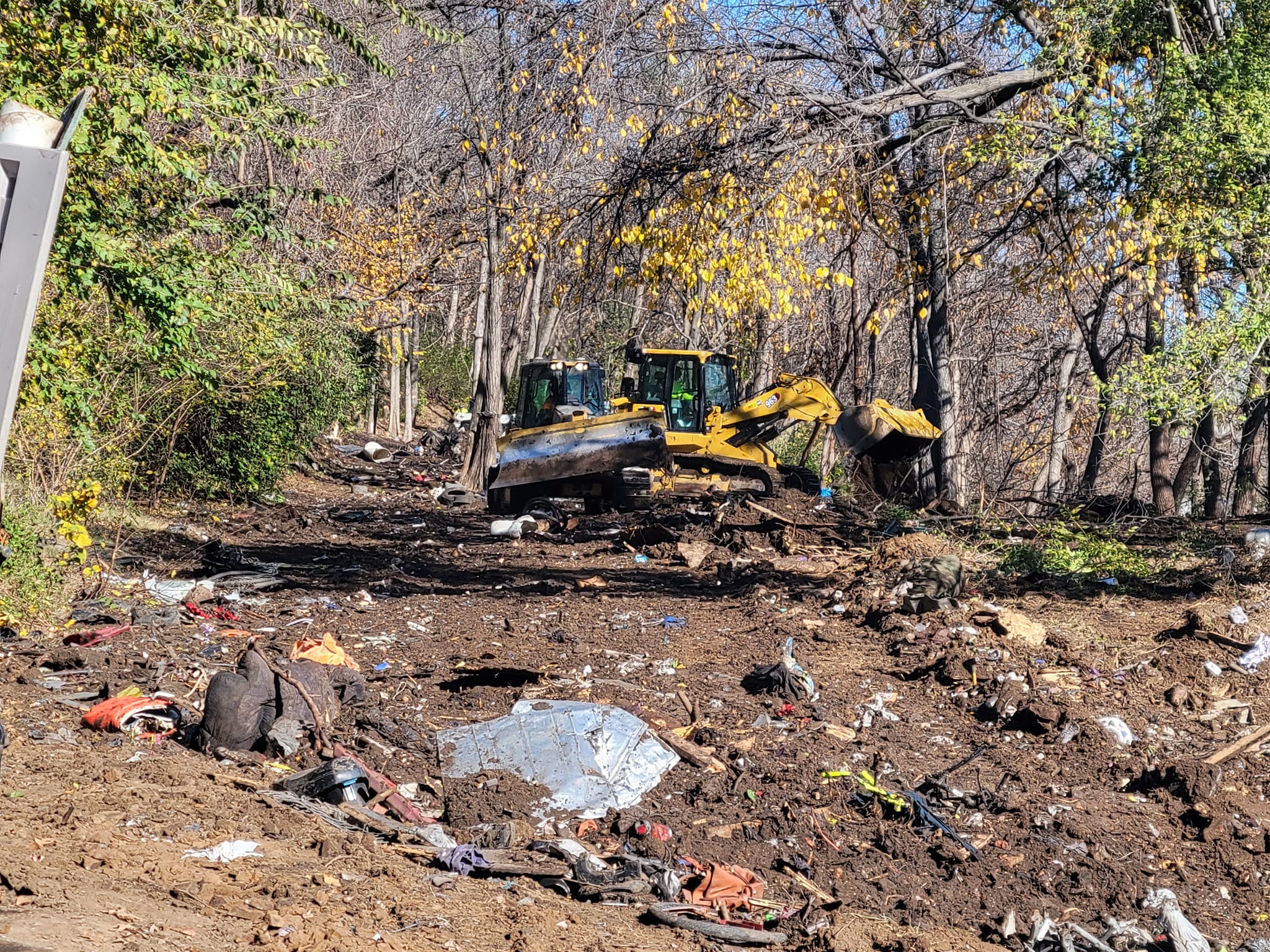
By Paul Thompson
Northeast News
June 8, 2016
Thanks to the City of Kansas City’s ambitious Neighborhood Revitalization Plan – which proposes to level more than 800 dangerous buildings over the next two years – the abandoned Manchester School at 6839 Truman Road will soon be demolished.
Nearly 100 dilapidated buildings in the Northeast are included in the revitalization plan, which is being funded with $10 million in city-issued bonds. Nineteen of those Northeast structures are on the docket for demolition this summer, thanks to a partnership with Kissick Construction, which has agreed to donate the demolition of more than 60 dangerous buildings for the city.
The plan aims to tear down all of the structures from the city’s dangerous buildings list, with some 200 publicly-owned structures first up for demolition. That list of publicly-held buildings includes the former Manchester School, which City Manager Troy Schulte noted was next on the chopping block. The former KCPS facility, sold in 2009, has been the site of a pair of dangerous fires since 2011.
“We just heard from the contractor that they are moving from here to Manchester Elementary, which is an abandoned school that is owned by the Land Bank on Truman Road,” said Schulte. “You’ll see a lot of demolition over the next couple of weeks.”
The revitalization program officially began on the morning of Thursday, June 2, with the toppling of a city-owned structure at 6001 Troost Avenue. Schulte was on hand at the demolition site to commemorate the beginning of the revitalization plan. He hopes the demolition of private properties, especially on the city’s east side, will help to jump-start redevelopment activity.
“We’re very positive about all the good stuff that’s happening on the east side, and this hopefully accelerates the process,” said Schulte. “Getting these buildings down as quickly as possible allows us to stabilize the neighborhoods, and gives one less reason for ne’er-do-wells to be in the neighborhood in the first place.”
Schulte said that there are some procedural processes that must be followed before demolishing privately-held property, but he added that the city has already begun those efforts. According to Schulte, the cost will be steep for private property owners who have forced the city’s hands by neglecting maintenance. In addition to the city’s costs for demolition, private property owners will be assessed an additional 30% fee because the city is issuing debt to finance the plan, as well as an additional administrative fee.
“So if it’s a privately-owned home, you’re looking at demolition costs that will be assessed back to the property owner, on their taxes, at about $15,000,” said Schulte.
5th District Councilwoman Alissia Canady, the Chair of the Neighborhoods and Public Safety Committee, said that the majority of those demolition fees will actually be assessed to out-of-state business owners, and not owner-occupants. She noted that 80% of the blighted properties in the community are owned by businesses, and acknowledged the importance of being more aggressive about preventing that sort of business-owned absenteeism in the future.
With the Neighborhood Revitalization Plan now ongoing, Canady expects to see more development investments popping up throughout the city.
“We want to remove these negative elements from our community to attract that additional investment from Kansas City residents, and those from the outside that want to come in,” said Canady. “That’s very important to us.”

















